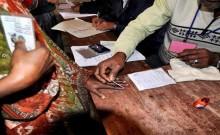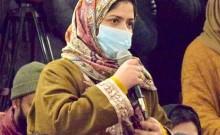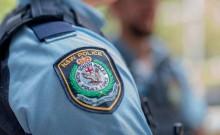As India grapples with rapidly spreading coronavirus pandemic, the country's worst-hit state Maharashtra is planning to administer unproven anti-malarial drug hydroxychloroquine on thousands of people living in Mumbai's densely-packed Dharavi slum and Worli, a containment zone in the country's financial capital. According to a report published in the BloombergQuint, a target age group will be identified and given hydroxychloroquine dosage as preemptive medication to ward off coronavirus.

"This is a one-time window available to us and may give answers for the pandemic the world is struggling with. We are taking utmost care to understand the side effects before implementing this," Suresh Kakani, additional commissioner at Municipal Corporation of Greater Mumbai, was quoted as saying by the website.
Being India's biggest coronavirus hotspot, Mumbai is racing against time to contain the highly contagious coronavirus, which has killed over 1.5 lakh people and infected more than 2.3 million across the world. Also, the city has most of the total 3,651 coronavirus cases in Maharashtra.
Hydroxychloroquine was at the heart of the controversy between India and the US after New Delhi banned its export, only to allow again after a "retaliation threat" by Washington. US President Donald Trump called the drug a "game-changer" in the fight against the coronavirus pandemic even as there is little data to back the claim that the decades-old drug works on coronavirus patients.
India's poor being used as "guinea pigs"?
The move to test the drug on slum dwellers that too not inside hospitals has been criticized by a section of people who are against using the poor as "guinea pigs". "Why aren't these trials being done in hospitals?" asked a Twitter user. "Are we now using India's poorest as guinea pigs?"
Although the Indian Council of Medical Research (ICMR) has allowed the use of hydroxychloroquine as prophylaxis for healthcare workers and high-risk cases, experts say that they need more data to decide whether the medicine can be used for coronavirus treatment as it has several side-effects, which include heart and nerve damage and suicidal thoughts.
"For use of HCQ as prophylaxis in a hotspot, there is simply not enough evidence. No preventive studies published to say that this approach really protects people," Leena Menghaney, a New Delhi-based activist was quoted by BloombergQuint as saying.
"The potential risk may surpass the potential benefit of providing it widely for people without the disease," she added.














